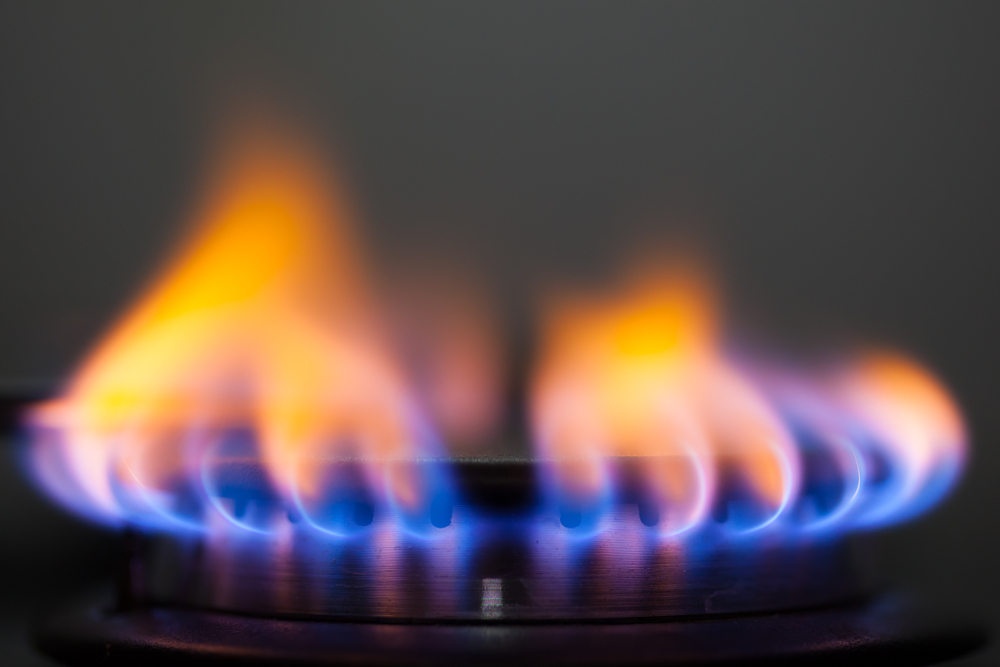Household Bills
Fuel bill cuts will not undo recent price hikes – uSwitch

Government plans to cut energy bills for hard-pressed households will not be enough to wipe out recent price hikes, one expert has warned.
Following a new package of measures from the government, major energy firms have started to announce plans to pass on savings to customers.
The reduction in individual household bills will depend on the energy supplier, but is predicted to be on average £50 a year per household.
However, Ann Robinson director of consumer policy at uSwitch.com, said consumers’ bills will still be higher than before.
Despite welcoming the move, she said: “It’s important that consumers understand that even if this reduction is passed on in full their bills will still be higher than they were previously – the reduction won’t be enough to wipe out recent price hikes. It’s also vital that they do not walk away from this thinking that they have a cast-iron guarantee that they are protected from future hikes – they aren’t. If wholesale prices change significantly then they could still see their bills go up.”
British Gas is reducing household gas and electricity prices by an average of 3.2%, which is equivalent to £41 on average off the annual dual fuel bill. Coupled with the £12 customer rebate for the Government’s Warm Home Discount (WHD) scheme, this brings a total annual saving of £53 to the average dual fuel customer.

Why Life Insurance Still Matters – Even During a Cost-of-Living Crisis
Sponsored by Post Office
SSE has also announced a similar reduction for its customers.
Npower, which increased prices by 10.4% earlier this year, said it will also reduce its prices and will not increase energy prices before Spring 2015 unless there are increases in wholesale energy costs or network charges.
E.ON, which has not raised its prices since December 2012, said it does not expect to increase prices over the next 18 months.
Robinson is urging consumers to take note of the government’s emphasis on energy efficiency, to make homes efficient in a bid to lower energy bills.
Other measures announced as part of the government’s drive to lower energy prices in the UK include:
The Warm Homes Discount which will continue to help millions of vulnerable households receive a £135 rebate off their energy bill.
There will be a reduction in the cost of the Energy Company Obligation (ECO), an insulation scheme delivered by major energy suppliers. This will result in £30-£35 off bills, on average, next year. The existing dedicated support in ECO for low income and vulnerable households will be maintained and extended from March 2015 until March 2017.
In future, when people buy a new home, they could get up to £1000 from the Government to spend on energy-saving measures – equivalent to half the stamp duty on the average house – or up to £4000 for particularly expensive measures.
The scheme will be available to all people moving house including those who don’t pay stamp duty.
Private landlords will also receive help in improving the energy efficiency of their properties, which will improve around 15,000 of the least energy efficient rental properties each year for three years, the government has said.